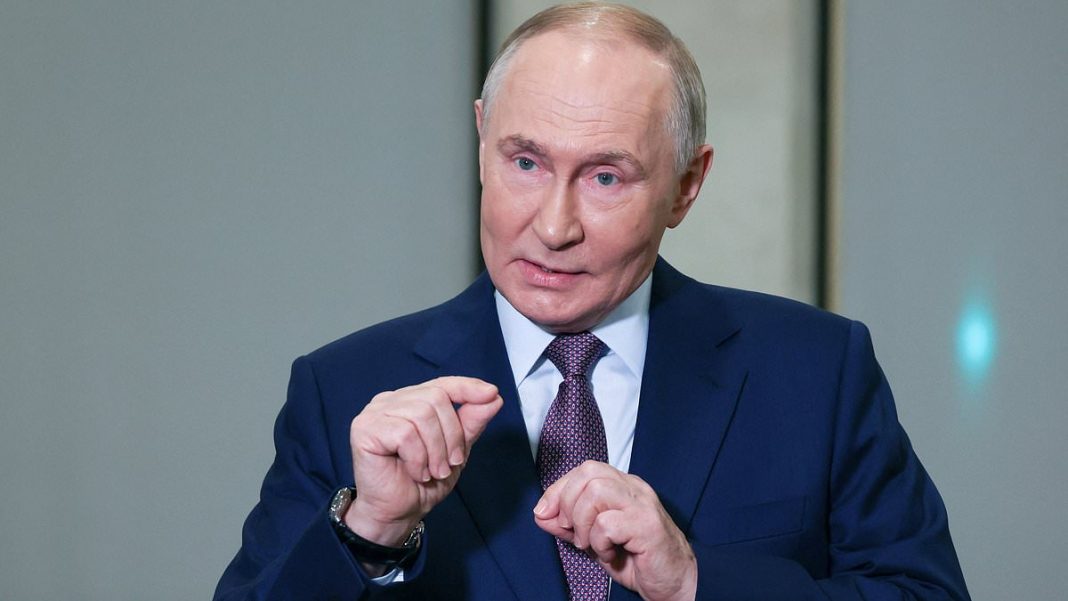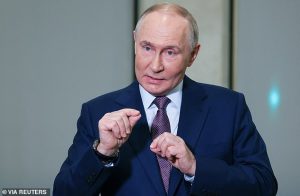Key Takeaways
- US sanctions target Russia’s top oil firms Rosneft and Lukoil
- Brent crude jumped 5% to $66 per barrel after the announcement
- Secondary sanctions aim to block India and China from absorbing diverted Russian oil
- Previous restrictions failed, allowing Moscow to earn £759 billion in oil revenues since Ukraine conflict
Donald Trump has escalated pressure on Vladimir Putin with significant sanctions against Russia’s largest oil suppliers, Rosneft and Lukoil. The move immediately triggered a 5% surge in Brent crude prices to $66 per barrel, though markets remain far from the $120 peaks seen three years ago.
Previous attempts to restrict Russian oil and gas revenues while protecting Western economies clearly failed. Data reveals Moscow secured £759 billion in oil and gas revenues since the Ukraine conflict began, directly funding its war efforts. The new sanctions aim to be more effective where earlier measures proved porous.
How the New Sanctions Work
The US Treasury’s Office of Foreign Assets Control now has secondary powers to sanction any entity purchasing oil from designated Russian suppliers. This approach previously proved effective in damaging Iran’s oil export revenues and could block workarounds where India and China absorbed large quantities of oil diverted from European markets.
Analysts suggest the Americans will likely have more success choking off supplies to India than to Putin’s allies in Beijing, given China’s history of circumventing sanctions. Meanwhile, major Gulf suppliers Saudi Arabia and UAE maintain substantial excess capacity to help stabilize global prices.
Market Impact and Energy Sector
Any sustained increase in global energy prices would benefit Western oil majors including BP and Shell, which have been refocusing investments on the Gulf of America, Brazil and West Africa while slowing green energy transitions. The timing presents challenges for UK fiscal policy, with the Chancellor seeking to ease household pressure through potential VAT suspensions on energy bills.
Legal & General’s Strategic Shift
Legal & General CEO Antonio Simoes, while initially supportive of Labour’s economic growth plans, now faces investor pressure as pension taxation speculation clouds the savings landscape. Since taking leadership in January 2024, Simoes emphasized dominating the pensions buyout market, but the company’s 4% stock decline has prompted a strategic rethink.
The focus is shifting toward improving performance in asset management and retail investment divisions that had previously received less attention. This change in direction comes as budget uncertainty causes consumers to hoard cash rather than invest.
London Stock Exchange’s Diversification
The London Stock Exchange Group (LSEG) continues to demonstrate strength beyond traditional equity trading through its complex derivatives operations. A recent 20% stake sale in its Post-Trade Solutions clearing operation to major banks valued the enterprise at £850 million, highlighting the exchange’s diversified revenue streams.
While IPO pipelines remain weak and listings have declined due to public-to-private takeovers, LSEG excels in AI, technology innovation, risk intelligence and data analytics, positioning it well for future growth.





